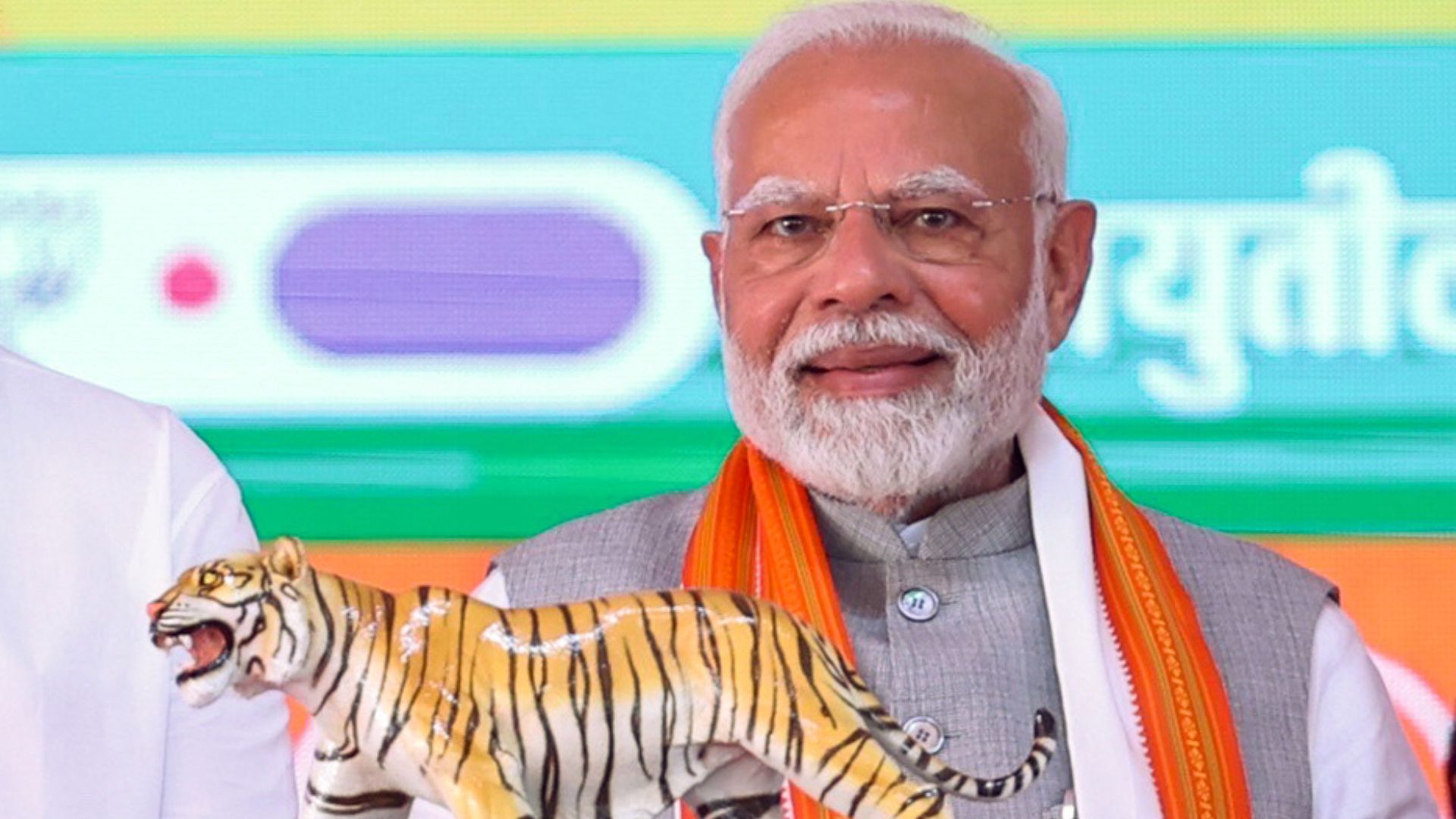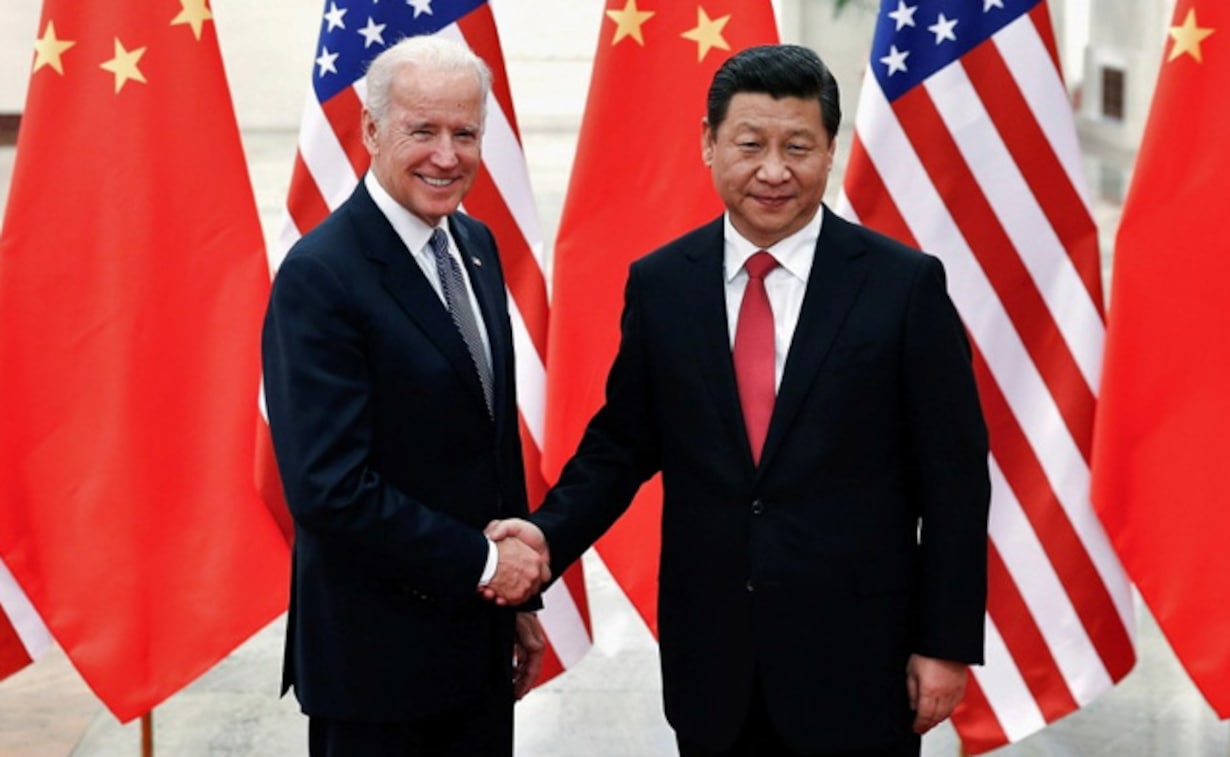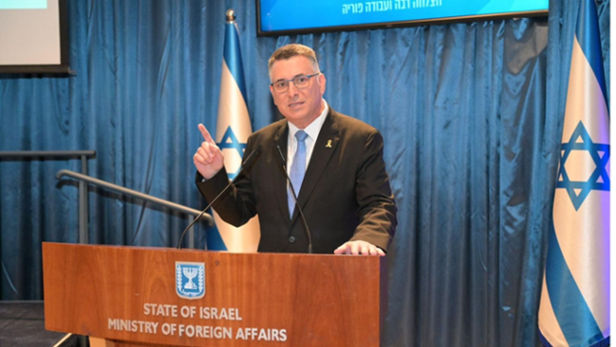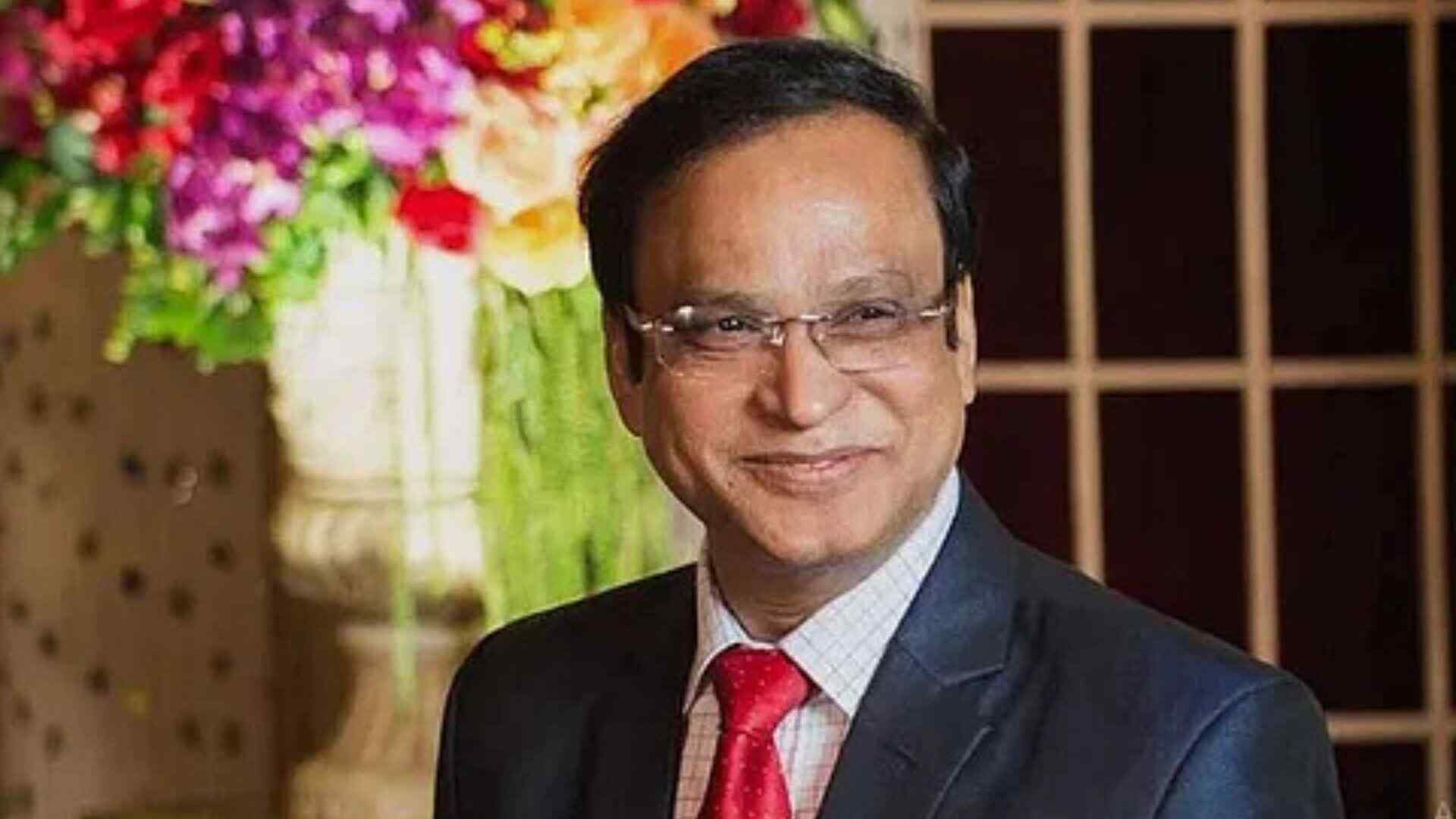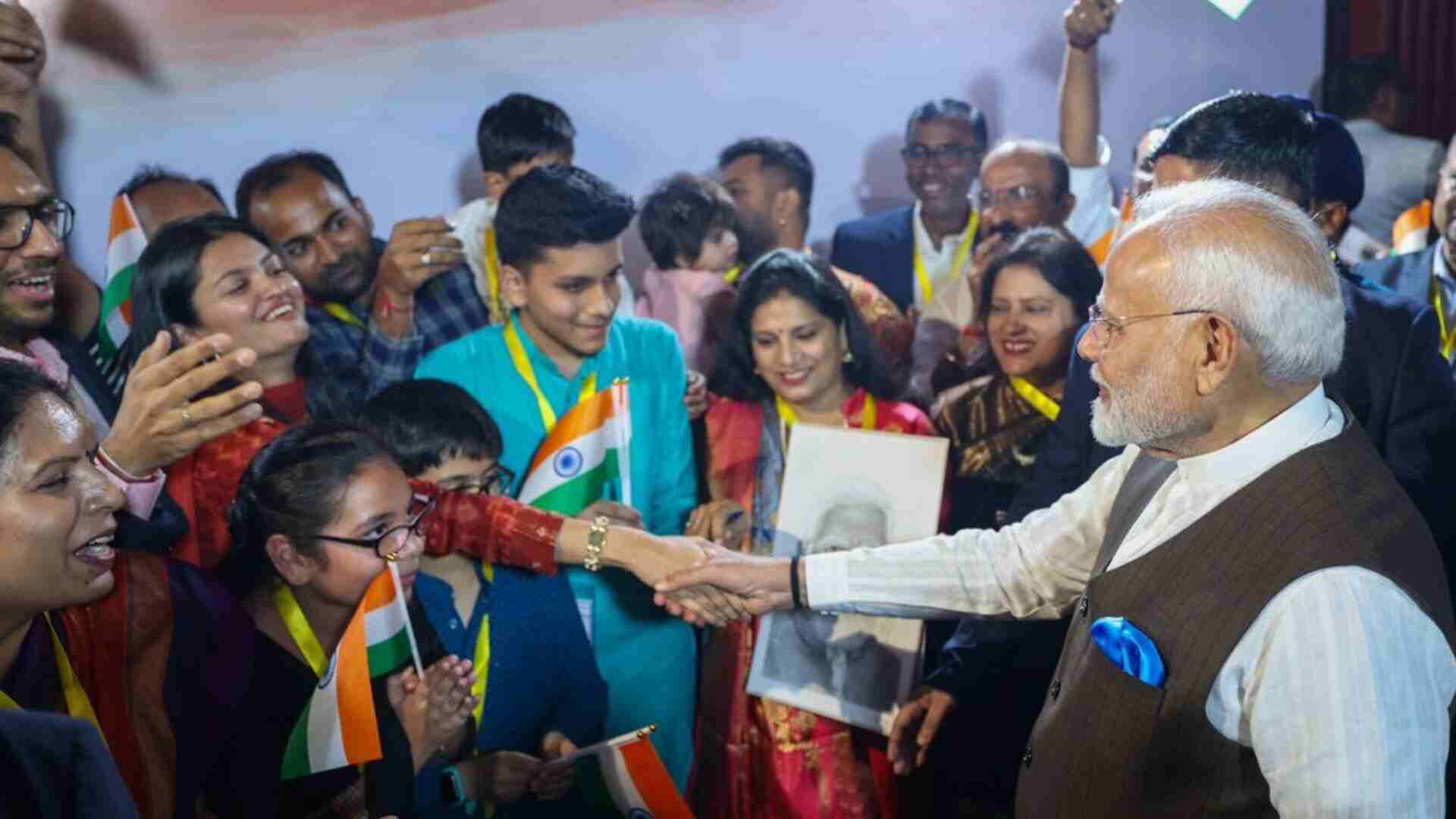
The Pakistan government has recommended to the President to appoint Lt. Gen. Syed Asim Munir as Chief of Army Staff and Lt. Gen. Shamshad Mirza as Chairman of Joint Chief of Staff Committee (CJCSC). Gen Munir was commissioned in the frontier Force Regiment and deemed to be a close aide of outgoing Army Chief Gen Bajwa. Incidentally, Gen. Munir was supposed to be superannuated from service on 27 November 22; however, his term as COAS will be extended further for three years. He has served as Chief ISI and DG Military intelligence as well. His term as DG ISI was terminated by then Prime minister Imran Khan after a very short tenure due to certain controversies. Hence, it is expected that his stand will not be inclined towards former PM. So far as India is concerned, not much change in the policies of Pakistan is expected under his regimen.
Considering total involvement and supremacy of Army in the politics and decision-making in Pakistan since its creation in 1947, indeed Pakistan has witnessed unprecedented turmoil recently when a former Prime Minister has been openly and continuously confronting with the Army chief and Armed forces since his ouster off the chair. This most explosive stance taken by Imran Kahn, including his long march and massive mobilization of public in his support and against present Prime Minister and Army Chief, was never imagined or ever happened in the history of Pakistan .The massive civil protest against Army, the most powerful institution of the country that to labelling several charges of corruption and misappropriation against top brasses of the Pak Army, is indeed unimaginable .The joint press conference held by the chief of ISI and ISPR was also a singular occurrence in the history of Pakistan when the Army was forced to hold a press conference to defend itself. This had generated extraordinary interest and media hype within and outside the country to probe into the appointment of Gen Bajwa’s successor. Hence, it is worth analyzing to find out the genesis and root cause of flowing wind of changes and enthusiasm of masses intended to ensure ouster of the army from the power centre or to explore any probability of Army to bounce back in the politics of Pakistan with full swing.
Since 1947, Pakistan has never acted as a unified country. Military and power remained under supremacy of rich Panjabi landlord and other elite communities. Sindh province had little say despite industrial hub Karachi as part of the Sindh. Balochistan and Khyber Pakhtunkhwa had different system of local administration and never ever been integrated into the main stream rather grossly discriminated and suppressed by the strong Punjabi lobbies all the time. Exploitation of natural resources, injustice and brutality against tribal are other noted reasons of unrest in these two provinces. The root cause of disintegration of East Pakistan and rise of a new country Bangladesh was also based on the exploitations and denial of legitimate power to Bengali Muslims by the strong Punjabi Muslim lobbies, despite getting absolute majority in the first and only fair elections ever held in Pakistan. Poor infrastructure, lack of education, huge disparity among all regions and massive corruption among political leadership made army much strong and unified force in the Pakistan. Constitution has been drafted, abolished or revised at numerous occasions as per the need and desire of the Armed forces and elite lobbies.
The Pakistan Army is the sixth largest armed forces of the world. Its strength and deployment of corps during peace has provided absolute dominance over civil administration, law and order enforcement agencies across the country. The Pakistan Army is running multiple industrial industries, including Oil and Gas, Power plant, mining, infrastructure development, housing, education and welfare institutions and many more enterprises across the country of estimated worth of more than 200 billion rupees. Public sector institutions and companies are also handled by serving or retired Generals. Even CPEC (China Pakistan Economic Corridor) mega projects of more than 60 billion dollars is directly under control of Army being chairman is a retired General .Though Chief of Army staff and Joint Chief of Armed Forces (equivalent to CDS in India and other countries) are appointed by the President on the recommendation of Prime Minister, the key to main power remains with the chief of Army staff only since he holds complete command on Military Operations, intelligence, posting, promotions of senior military officer as well as the authority to take decisions on the procurement and all crucial aspects of administrations. Two most important military establishments like Inter Service Intelligence (ISI) and The Inter-Services Public Relations (ISPR) (are headed by the serving Military Generals chosen by the Army Chief and report directly to him. ISI is known to act against other countries, but an important tool to control political leaders as well as to engage in so many illegal activities like smuggling, drug trafficking and promoting terror organizations within and outside the country. IPSR takes full control over speeches and media appearance of Government of Pakistan, including on Prime ministers speeches. The Pakistan Army Chief directly controls strategic and nuclear force. In addition, he holds almost final say in all matters of Defence and Foreign policies of the government of Pakistan; hence, he is able to have firm grip on the pulse of the government. No wonder all major powers like USA, China and Russia give more importance and prefer to deal directly with the Pakistan Army Chief, rather than with the weak civil government.
Despite such strong constitutional and executive position of Army Chief, the massive protests and mass anger against armed forces indeed is a strange situation in the Pakistan. The collapse of governance, recession, huge international debt, ill management of Covid pandemic, massive unemployment and soaring inflation, growing influence of China in Pakistan through CPEC projects, especially in Balochistan and Sindh provinces, compounded with prevailing massive corruption and nexus among civil leadership and top brasses in Army has infused fuel to fire. Imran Khan is able to convince masses against huge money laundering by two main political parties belong to Nawaz Sharif, his brother, Zardari Bhutto families and their nexus with the army.
The Pakistan Army has learnt the trick of the trade to dominate and run the government while apparently remaining on the back seat and steer and a hold firm grip. Army continues to retain its absolute supremacy in the governance by all means as well as to ensure and safeguard its institutional power, position and individual interests of the top brasses rather than taking over direct control over the regime as it used to be under military dictator ship for several decades in the past.
Undoubtedly, politics and the future system of governance and role of Armed forces within the system in Pakistan is at a crossroads. The functioning and intentions of Gen Munir as successor of Gen Bajwa, in future will not only determine the ultimate influence upon politics and electoral process, but also the fate of the present prime minister, it will definitely prove to be a game changer either way in the future.
Major General J.K.S. Parihar, Sena Medal, Bar to Vishisht Seva Medal (Retd.); former Additional Director General, AFMS, and an expert on defence and international strategic affairs.
